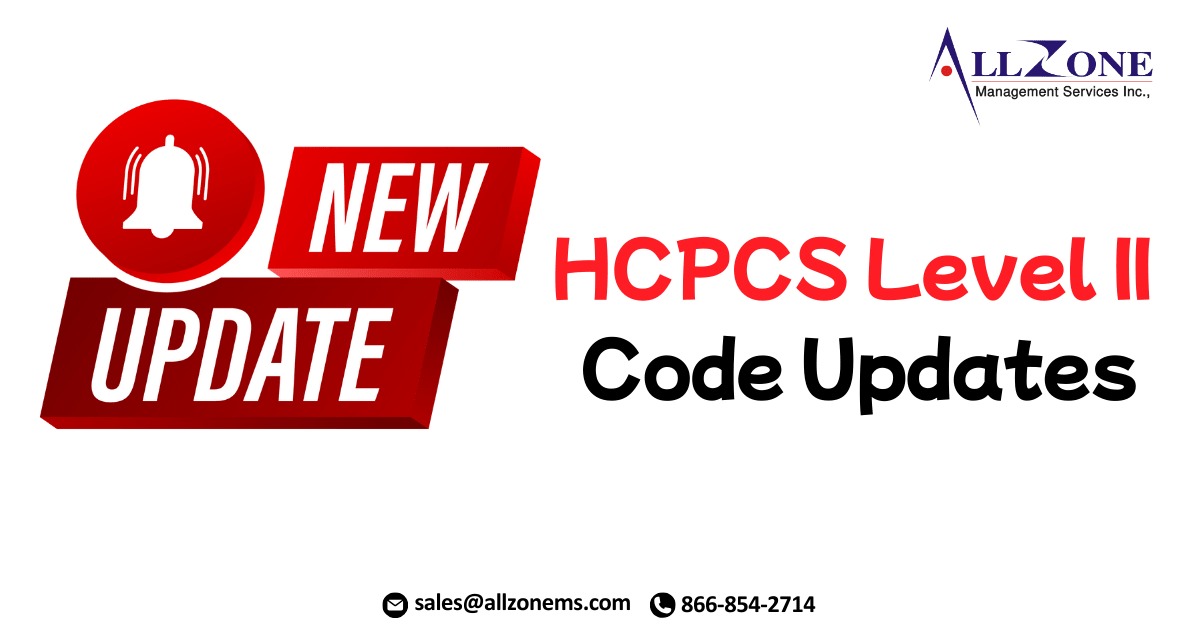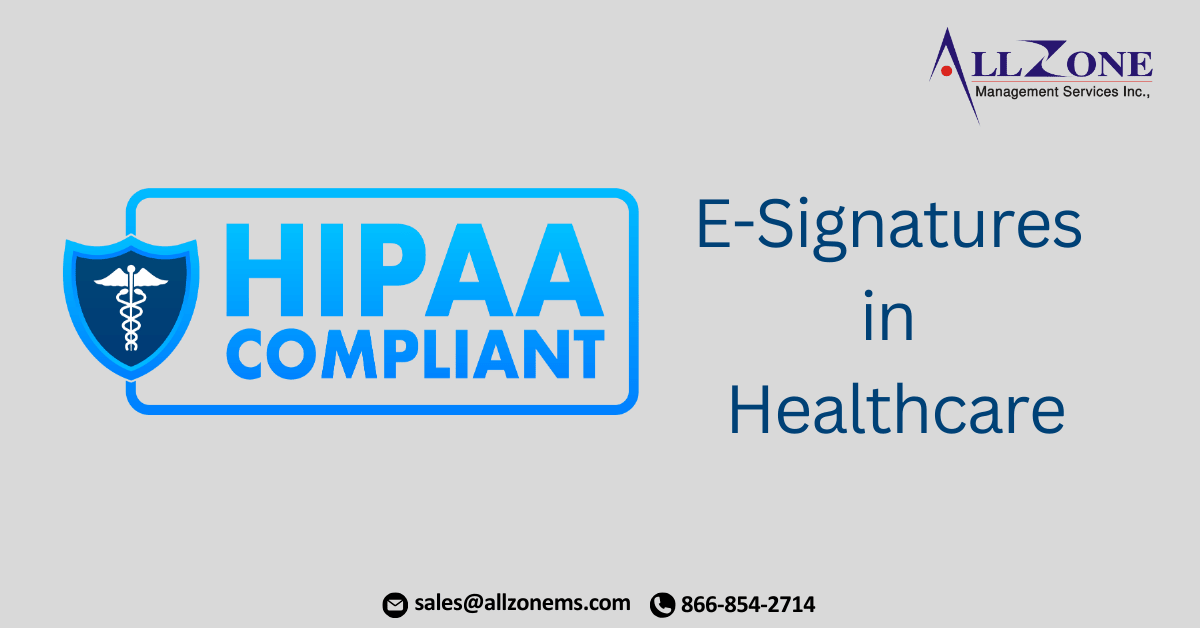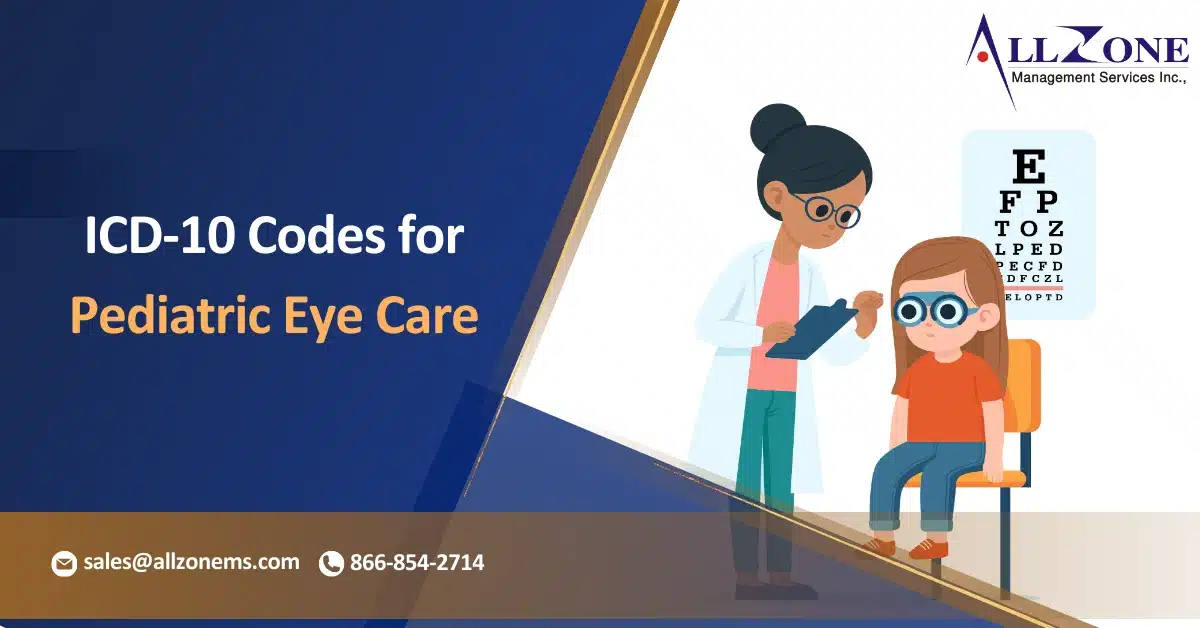We understand the importance of staying current with the ever-evolving landscape of healthcare coding. To help you navigate these changes, we’ve compiled a comprehensive resource library on our website featuring all our published HCPCS Level II code updates. Find the Latest Updates Here: HCPCS Level II Code Updates for April 2024 New HCPCS Level II […]
The arrival of the New Year brings excitement as people worldwide gear up to welcome 2025 with dazzling celebrations. For many, it’s a time for fireworks, dancing, and toasting to new beginnings. However, for healthcare providers, understanding the relevant ICD-10 codes for New Year is crucial, as treating patients remains uninterrupted, even during the holiday […]
During the hustle and bustle of the holiday season, it’s easy to get distracted by additional activities, leading to accidents and overlooking everyday safety practices that ensure our well-being. Unfortunately, such incidents can make physicians, emergency care, and urgent care providers busier during this time. Treatments for these injuries, often documented using ICD-10 codes for […]
December is synonymous with Christmas, a joyous holiday season perfect for decorating, savoring delicious treats, and gathering with loved ones. However, the festive celebrations also come with potential risks of injuries and illnesses, making it essential to familiarize yourself with Christmas ICD-10 codes for accurate diagnosis and treatment. Below are essential ICD-10 codes for the […]
End to end RCM (Revenue Cycle Management) encompasses every step in the healthcare payment process, from patient registration to final reimbursement. By adopting a comprehensive RCM approach, healthcare organizations can improve cash flow, minimize errors, and ensure compliance with ever-changing regulations. This blog will explore the components, benefits, and best practices for implementing an end […]
The field of audiology includes a wide range of services, including hearing assessments, hearing aid fittings, tinnitus management, and balance testing. While audiologists play a crucial role in improving patients’ quality of life, the complexities of audiology billing and coding pose significant challenges to their practices. In this blog, we’ll explore the intricacies of audiology […]
This blog delves into the critical aspects of HIPAA-compliant e-signatures in healthcare, exploring how to leverage their efficiency while ensuring strict adherence to HIPAA regulations. HIPAA’s Stance on E-Signatures Early Considerations: HIPAA initially envisioned standards for electronic signatures, focusing on financial transactions. However, early digital signature technology proved inadequate for the stringent security requirements. Shift […]
Accurate ICD-10-CM coding for Pediatric Eye Care becomes straightforward when you know what to look for. With Children’s Eye Health and Safety Month as a timely reminder, it’s an excellent opportunity for pediatric providers to review common eye-related diagnoses seen during vision exams. Here, we’ll guide you through three commonly encountered scenarios in pediatric eye […]
Despite the federal Hospital Price Transparency Rule being in effect for nearly four years, many hospitals are still not fully compliant. While organizations like Hospital Price Transparency Company advocate for greater transparency, differing methodologies and criteria used by evaluators have led to varying assessments of hospital compliance. A Mixed Bag of Compliance While some hospitals […]
Table of Contents The Emergency Department Coding Process Unique Challenges of Emergency Department Coding CPT Documentation Updates and Emergency Department Coding ED Facility Coding and National Standards The Limitations of Final Diagnosis-Based Payment ED Utilization and Evolving Treatment Paradigms The Importance of Emergency Department (ED) Coding in Medical Coding Companies Conclusion Emergency Department coding is […]










